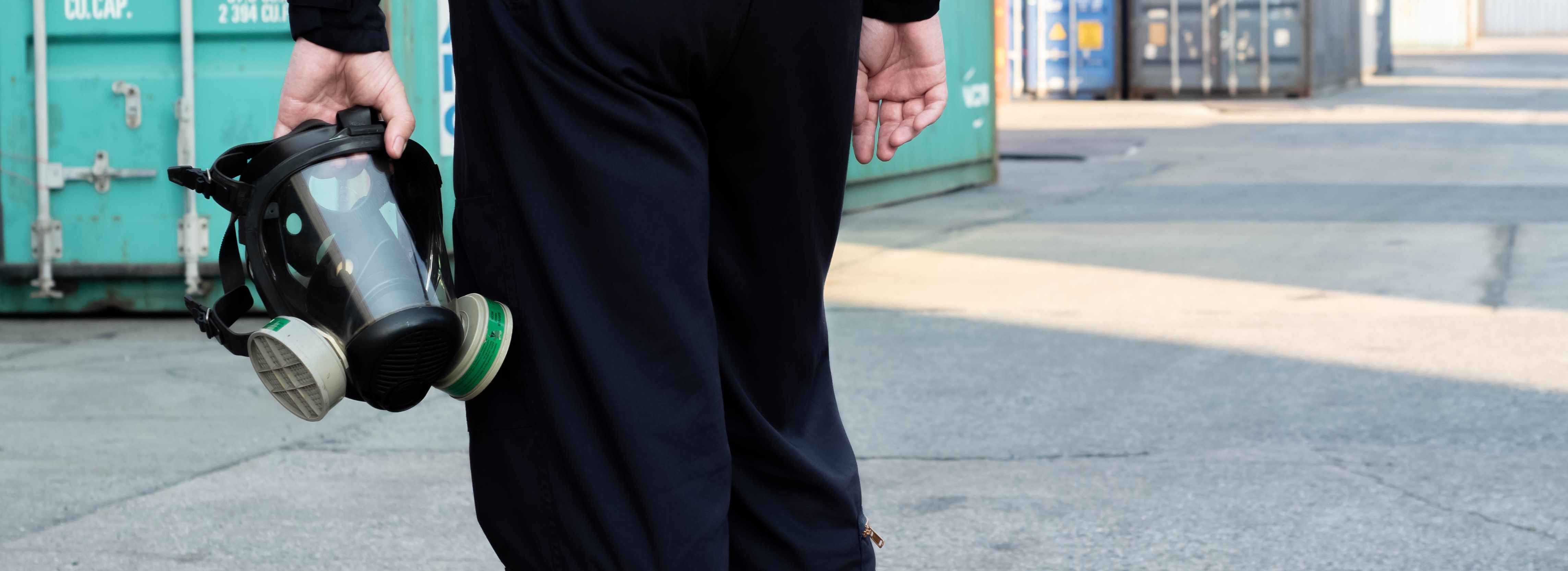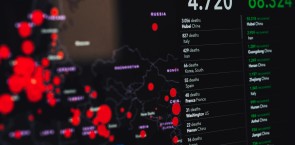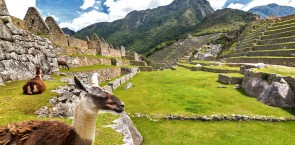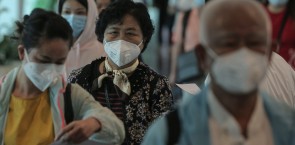
It may never fully replace field visits, but as COVID-19 is spreading around the globe, remote auditing combined with a risk-based approach is proving invaluable, tells NEPCon Executive Director Peter Feilberg.
Green. Yellow. Orange. Red. An online map of the world in multiple colours is currently being updated vigorously by a team of three NEPCon specialists monitoring the impact of the Corona Pandemic as it is spreading from country to country.
“Under normal circumstances our auditors would be travelling non-stop to remote places around the world. This is of course impossible now, as even internal borders are shutting down. We have to rethink how we work and adapt to the constantly changing map,” says Executive Director Peter Feilberg.
Usually Feilberg would himself be spending up to 150 days a year travelling, but 2020 has proven far from normal. As COVID-19 is spreading from door to door, stock markets are plummeting and businesses in all sectors are under threat.
“Auditing is certainly no exception. Most of our partners, from forestry, agriculture to tourism, are feeling the impact. Luckily the spread of the virus is not happening simultaneously, and while some countries are closing down, others are already opening up again,” said Peter Feilberg.
For more than a decade NEPCon specialists have been using a risk- based approach, when analysing the legality of sourcing timber and other forest impact commodities from countries around the world.
“We analyse each individual country and region, gathering data such as official regulations, guidelines etc, which enables us to provide comprehensive information to sourcing businesses in the best possible way. Mapping the changing regulations due to the spread of a virus instead of timber legality is entirely new to us, but the method is completely adaptable,” said Peter Feilberg.
Fog of War
Using a risk-based approach also serves to remove the “Fog of War”, letting regional and country managers identify which areas are accessible for NEPCon auditors and which are not.
While China is now moving from orange (“Elevated risk – Partly or fully remote audits”) towards yellow (“Medium risk – On-site audits with raised precautions”), Russia is moving in the opposite direction and the current green (“Low risk - On-site audits with precautions”) may soon fade into yellow.
“This approach gives us the full picture as the situation is evolving, it helps us decide when and where it is possible to send our auditors into the field. However, as field visits become increasingly difficult in many parts of the world, we have introduced remote auditing, which is already proving extremely useful,” said Peter Feilberg.
Field visits are not always strictly necessary, as a large share of the auditors’ work is following the paper trail - checking forest management plans, invoices and transport documents. Many documents are stored in databases and can be accessed remotely. But if the purpose of the audit is to check for child labour, irregular use of fertilizers or other potential illegalities in forest or crop management, field visits are of course necessary.
“Remote auditing is certainly helpful in a situation like this and I think we might even be able to learn how to use it more in the future, which could even help reduce our carbon footprint. However, quality is a top priority and we have to look at each individual case to ensure that the standard isn’t compromised,” said Peter Feilberg.
So far, 160 regular audits have been replaced fully or in part by remote auditing.
COVID19 Crisis: How is NEPCon taking action?
Read our Policy on Auditing during the COVID-19 Outbreak here
See the COVID-19 Risk Map in relation to our auditing activities here






